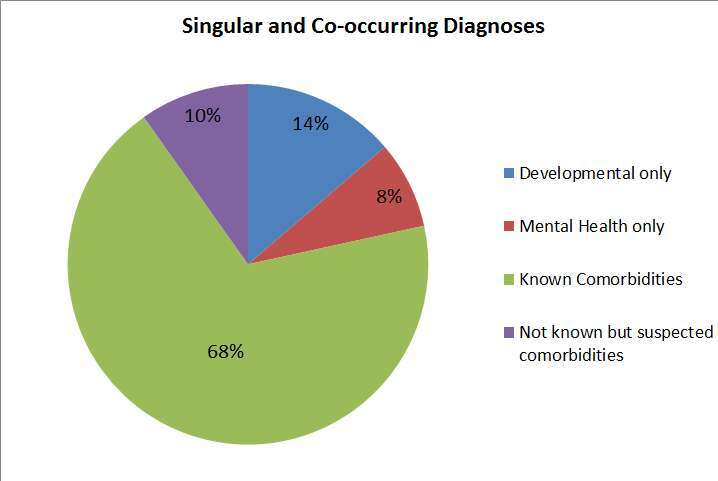
KKI-NECT: A Neurodevelopmental and Mental Health Tele-Education Network for Paediatric Primary Care Clinicians
2Pediatrics and/or Psychiatry, Johns Hopkins University School of Medicine, USA
Background: There are growing concerns in the U.S. about the increasing prevalence of paediatric neurodevelopmental and mental health disorders, now 15% and 11-20% respectively. There is a critical shortage of board certified neurodevelopmental, developmental/behavioral or child psychiatry subspecialists to care for this vulnerable population. Per the American Board of Pediatrics’ estimates, there is one board certified subspecialist for every 100,000 U.S. children. Given workforce shortages, paediatric primary care clinicians (PPCCs) are increasingly tasked with identifying and managing neurodevelopmental and mental health disorders. However, surveys of practicing paediatricians indicate gaps in the training, knowledge, and confidence to meet this need.
Objectives: Approaches to preparing the PPCC workforce include high quality continued medical education (CME) and integrated care models. Through guided practice and mentorship, the Kennedy Krieger Institute Network for Early Childhood Tele-Education (KKI-NECT) aims to expand PPCC workforce capacity to identify and manage neurodevelopmental and mental health disorders within the medical home.
Method: KKI-NECT replicates the Project ECHO® hub-and-spoke model, offering CME instruction on neurodevelopmental and mental health disorders. Each virtual clinic combines a case presentation by a spoke member and didactic content aimed at guiding PPCC practice. Didactic presentations are based on a multidisciplinary, multilevel curriculum authored by KKI/Johns Hopkins faculty.
Results: A remarkable number of cases (69%) are complicated by co-occurring neurodevelopmental and mental health concerns. Further, 59% of children had at least one known Adverse Childhood Experience (ACE). With KKI-NECT guidance, nearly all cases have been managed within the Medical Home.
Conclusion: Based on KKI-NECT data, PPCCs are increasingly entrusted with caring for children with ACEs, neurodevelopmental and mental health disorders, and very often co-occurring conditions. Project ECHO® appears to be an effective strategy for guiding PPCC identification and management of neurodevelopmental and mental health disorders. Thus, KKI-NECT provides an effective solution to the paediatric subspecialty workforce shortage.

Powered by Eventact EMS